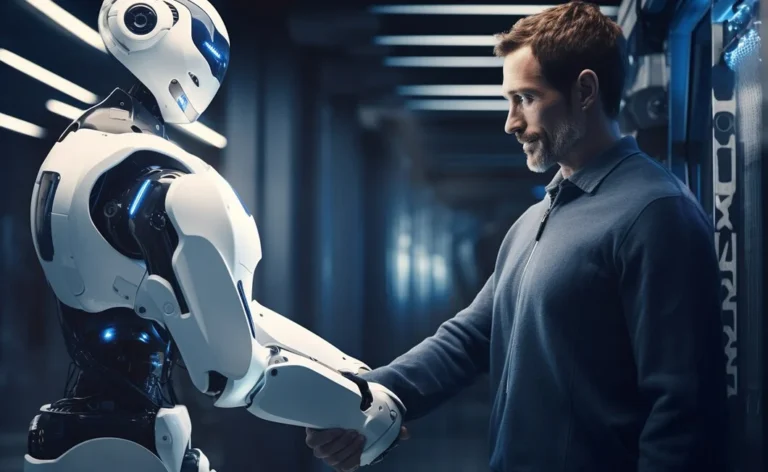The Future of AI Automation: How Businesses Can Stay Ahead
Introduction
- Briefly introduce AI automation and its growing impact on businesses.
- Highlight why companies must adapt to stay competitive.
- Mention key trends shaping the future of AI-driven automation.
1. The Rise of AI Automation in Businesses
- How AI automation is transforming industries.
- Examples of AI-powered automation in different sectors (e.g., healthcare, finance, retail).
- Benefits of AI automation: cost savings, efficiency, and innovation.
2. Key Trends in AI Automation
- Hyperautomation – Combining AI, machine learning, and RPA for complete process automation.
- AI-Powered Decision-Making – Enhancing business strategies with AI-driven insights.
- Conversational AI & Chatbots – Transforming customer service with intelligent bots.
- AI in Predictive Analytics – Helping businesses forecast trends and optimize operations.
- AI and IoT Integration – Creating smarter, automated systems for industries.
3. Challenges of AI Automation
- Data privacy and security concerns.
- The need for AI regulations and ethical considerations.
- Workforce adaptation: reskilling employees for AI-driven workplaces.
4. How Businesses Can Stay Ahead in the AI Revolution
- Invest in AI Technology – Adopting AI tools and automation platforms.
- Reskill and Upskill Employees – Training the workforce for AI-driven roles.
- Leverage AI for Data-Driven Insights – Using AI to optimize decision-making.
- Ensure AI Compliance & Ethics – Following best practices for responsible AI use.
- Partner with AI Experts – Collaborating with AI solution providers for seamless integration.
Conclusion
- Recap the importance of embracing AI automation.
- Encourage businesses to take proactive steps in adopting AI-driven strategies.
- End with a CTA: “Want to integrate AI automation into your business? Contact us today!”



